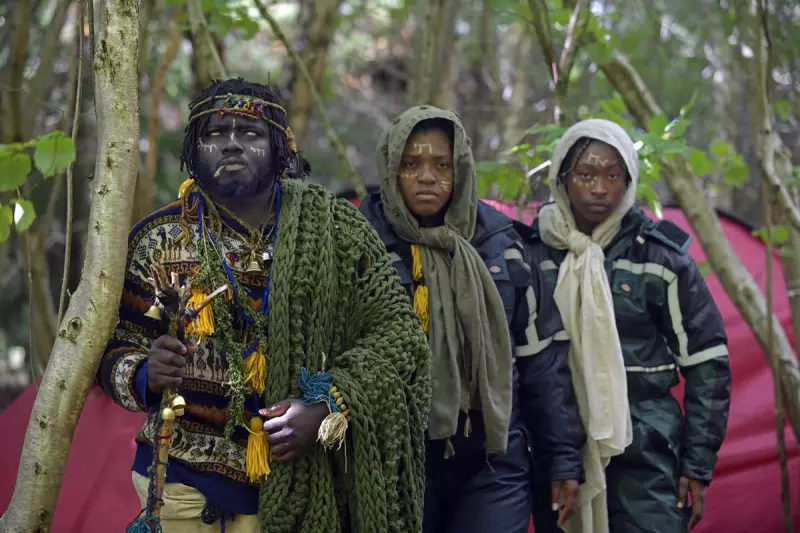
In a remarkable legal confrontation that bridges continents and cultures, an African tribe faces eviction from their self-proclaimed Scottish kingdom in the picturesque Loch Lomond area. The community, which has established the Kingdom of Kubala on land near the village of Luss, is now embroiled in a fierce battle with local authorities.
The Kingdom Beside the Loch
The tribe, comprised of members with African heritage, has created what they describe as a sovereign territory on the banks of Scotland's most famous loch. Their settlement, known as the Kingdom of Kubala, represents both a spiritual homeland and a bold statement of cultural identity in the heart of the Scottish Highlands.
Legal Battle Intensifies
Local council officials have taken decisive action against the community, obtaining a court order for their removal from the contested land. The legal documents explicitly prohibit the tribe from occupying the property, setting the stage for a potentially dramatic enforcement operation.
The situation has drawn attention from human rights observers and cultural preservation advocates, who question the handling of the tribe's unique circumstances. Supporters of the community argue that their presence represents an important multicultural dimension to Scotland's diverse social fabric.
Community in Crisis
As the eviction deadline approaches, members of the Kubala community face an uncertain future. Their attempt to establish a permanent home in Scotland has encountered significant legal hurdles, highlighting complex questions about land rights, cultural expression, and immigration in modern Britain.
The case continues to develop, with potential implications for how similar cultural and land rights disputes might be handled across the United Kingdom in future.






